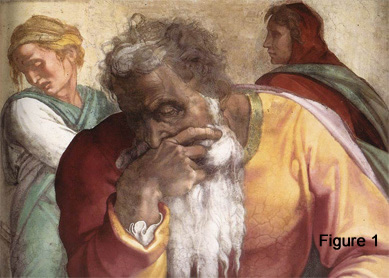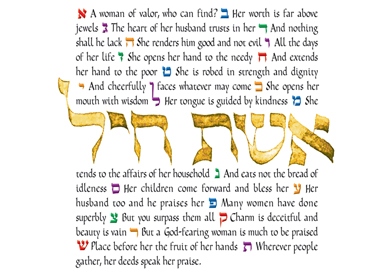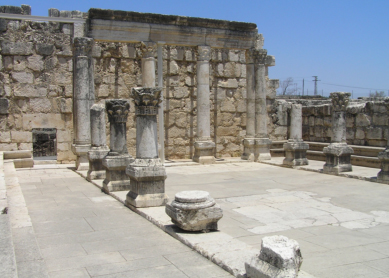“Rouse yourself! Why do you sleep, O Lord? … Why do you forget our affliction?” (
Lament, as a genre of psalm, is not the same as lamentation over the dead. In a lament psalm, a petitioner addresses God directly on the occasion of some calamity. Given God’s history with God’s people, the psalmist is comfortable charging God with “dereliction of duty” and unabashedly urges a favorable response. In fact, many readers prefer the term complaint psalm, since the passive connotations of lament do not match the vociferous and active tone common to psalms of this genre. Like the psalms of thanksgiving, lament psalms are sometimes individual (“I, me”), sometimes communal (“we, us”), and occasionally a blend of both.
As with any literary genre, the formal features of the lament psalm are not set in stone. Each psalmist will play freely with the form, ordering the elements variously, expanding or suppressing them, breaking them up or repeating them.
As a response to crisis, the lament psalm is best understood in comparison to the other major genres of psalms, namely, praise and thanksgiving psalms. Psalms of praise, with their celebratory language, portray a just and life-sustaining created order. They reflect the comfortable embrace of a status quo whose conditions favor the speaker. Thanksgiving psalms speak to the gathered community of their deliverance from a crisis by God. They reflect the resolution of the crisis and the speaker’s progress toward moving on after trauma.
Between these two forms sit the lament psalms, which respond to a crisis that disrupts the life of an individual or community. In laments, a critical event calls into question the conviction that God reliably protects the speaker from injustice, chaos, and death. The lament psalm, then, looks backward at praise (recalling God’s saving acts), and it looks forward to thanksgiving and salvation (praising God’s inclination to save). Lament gazes unflinchingly at the present reality of pain and at God’s apparent slowness to save.
It’s worth noting that the book of Psalms contains more lament psalms than any other genre, suggesting lament’s prevalence in the institutional liturgies of Israel’s temple, shrines, and family life. Differently from the more cosmopolitan and dispassionate Wisdom Literature, lament interrogates similar questions around divine justice and God’s ways with God’s creatures. If (lamentably) rare in today’s regular worship, lament still finds voice in observances for the deceased, private and family devotion, and pastoral care.





